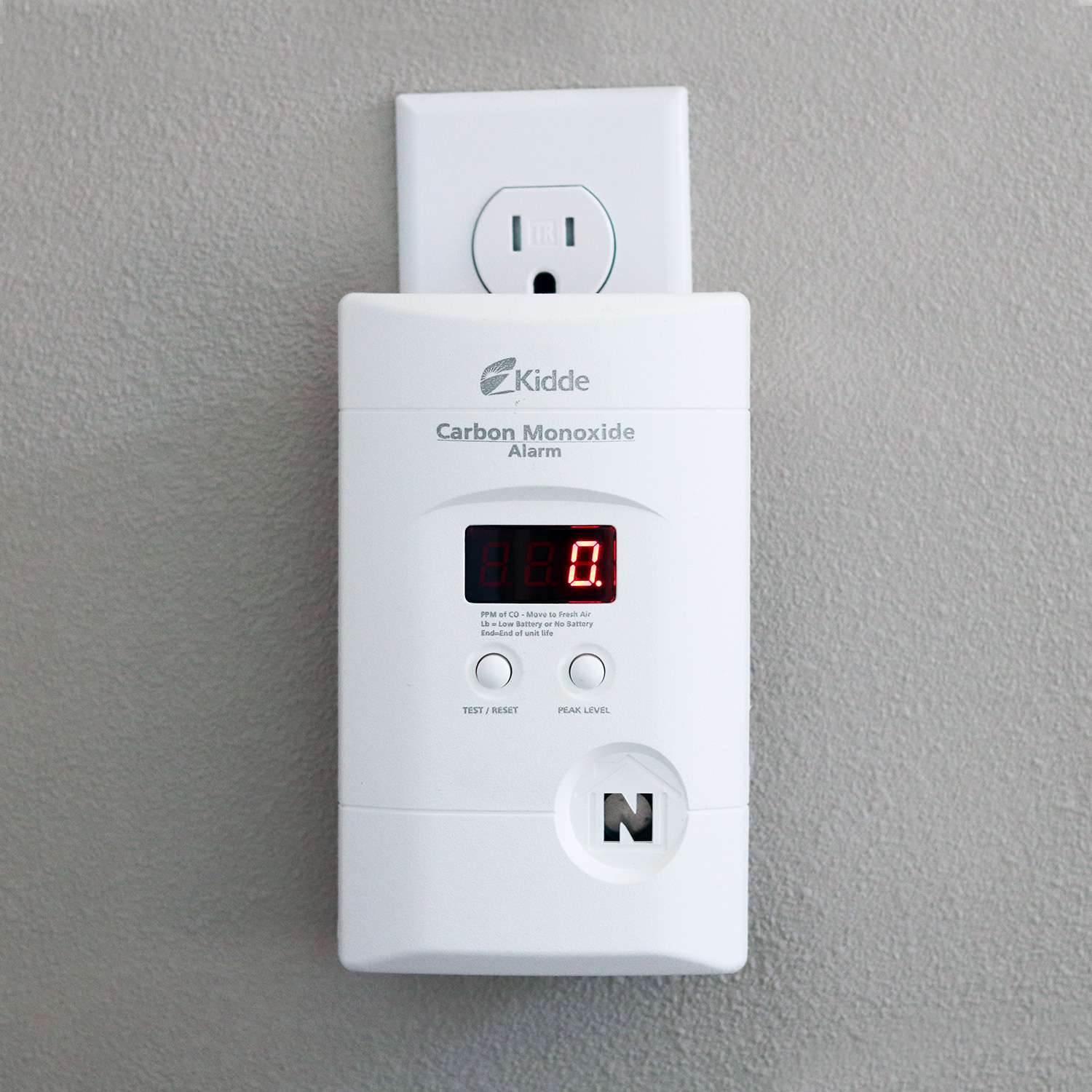There is a reason why carbon monoxide is a silent, swift killer. It’s a colorless, odorless gas that can cause harm to you and your family. It reduces oxygen delivery to the body’s organs such as the heart and brain as well as tissues, says the EPA. When levels are high enough, it can cause death. Problem is, most people don’t know there is a poison in their home. They die without being able to escape. This is especially true if it occurs while sleeping or intoxicated. That’s why it’s so important to know about carbon monoxide (CO) and its side effects. Learn how to avoid CO poisoning in the home.
A way to prevent this is to keep your heating units, generators and other equipment working. You should have a carbon monoxide detector on every level of your home. These help to alert you if it finds dangerous levels of CO in your home. It shouldn’t have to come to that in the first place. Keep up with regular maintenance and tune-ups for your heating units. This should be top priority to keep concerns about CO poisoning at bay.
Warning Signs
It’s true that CO isn’t often detected by smell or sight. But, you can pick up on more subtle danger signs. Have you started to feel sick and nauseous? Does the air feels stuffy and warm with little ventilation? Did the pilot light on your furnace go out? Mayo Clinic points out these symptoms you may have after carbon monoxide exposure.
- Dull headache
- Weakness
- Nausea or vomiting
- Dizziness
- Blurred vision
- Shortness of breath
- Confusion
- Loss of consciousness
What You Can Do
It’s important to take the proper precautions to prevent carbon monoxide poisoning. This toxic gas originates from appliances that use gas, oil, wood, propane or kerosene. Because of this, you should have these appliances inspected by a professional often. An HVAC professional should inspect your furnace every year in the late fall. Install carbon monoxide detectors on every floor of the home. Check that they are working at least twice a year. A good rule of thumb is to check them at the same time you change your smoke alarm batteries.
They’re easy to use and maintain. Plug them into a normal wall socket and let them be. You’ll hear an intermittent chirping when you need to replace an outdated detector. Replace it right away. The sound will be different when the unit detects CO in the air — you will hear a high-pitched shriek. In this case, get out of the home, ventilate the home, and call 911 or your gas company.
Always keep the number handy for the American Association of Poison Control Centers. It is 1-800-222-1222. Use grills to cook your food outside; never in the garage or your kitchen. Proper ventilation is important.
Contact Thornton Heating Services
Never underestimate carbon monoxide. Get your heating and combustion units checked every year for leaks and problems. Prevention is key. Contact us to schedule an appointment with Thornton Heating Service. We have been serving the Chicagoland area since 1959.

